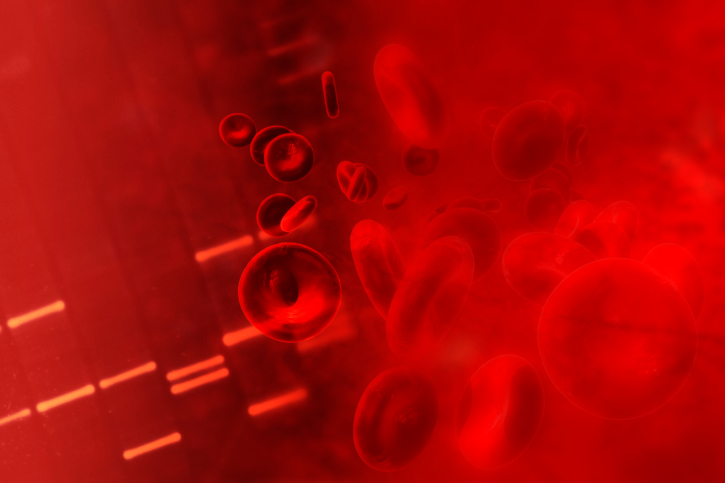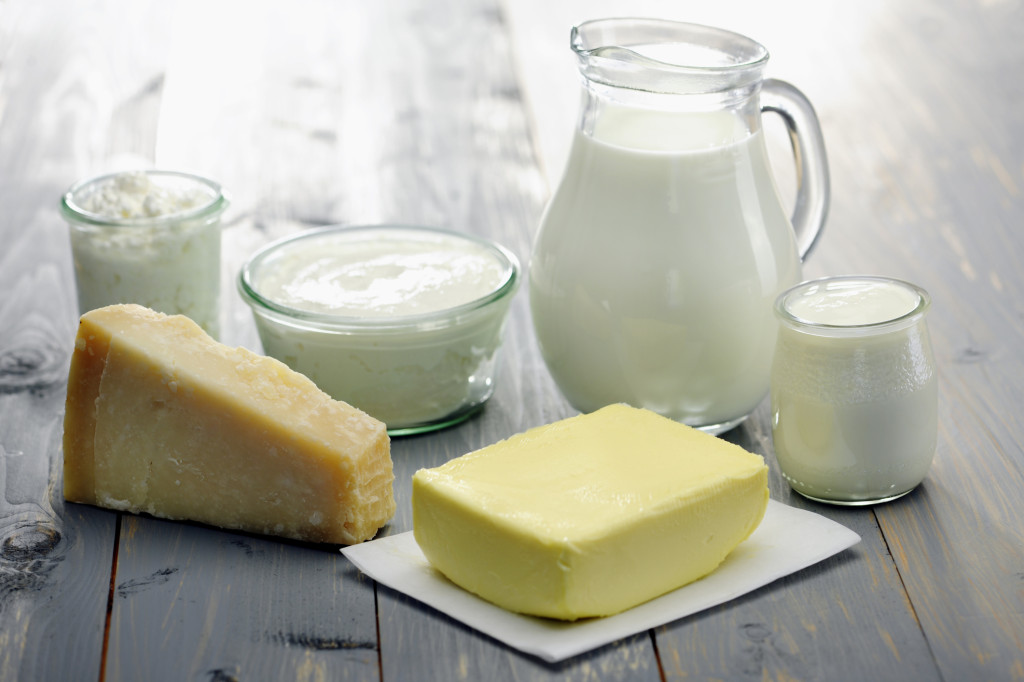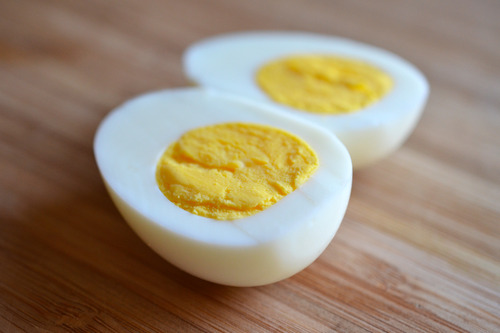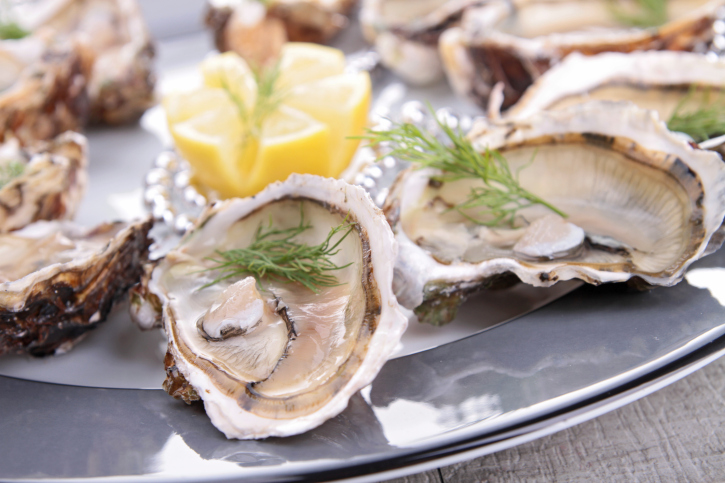Common nutritional deficiencies in runners

Runners that hid the road frequently should be keeping tabs on their body, and that doesn’t just mean musculoskeletal aches and pains, but also how their circulatory system is faring. Scheduling periodic blood tests can be critical to runners for warding off deficiencies that can seriously inhibit training (and make running seem a lot harder). Here are some of the vitamins and minerals that you should be keeping an eye on and making an effort to incorporate sources of into your daily diet.
Iron
Recommended intake:
Males 8mg/day Females 18mg/day
Why it’s important:
Iron forms a component of red blood cells that help to deliver oxygen throughout the body. Iron deficiency is the most common nutritional deficiency in runners, due to loss through sweat, training at high altitudes, foot strike hemolysis and, for female runners, the additional loss through menstruation. As such, iron requirements for endurance runners are higher than most. Vegetarian athletes tend to be at an increased risk for iron deficiency, due to their avoidance of animal products which are often high in heme iron.
Iron deficiency, even without reaching the point of anemia, inhibits an athlete’s work capacity. Since the symptoms of iron deficiency are almost identical to those of overtraining, it is often misdiagnosed as an athlete simply overdoing it.
Sources:
Heme iron: Found in meat products such as beef, lamb, poultry and fish.
- Liver
- Pork
- Beef
Non-heme iron: Found in eggs and plant-based foods.
- Lentils
- Dark, leafy greens
- Nuts and seeds
Note: Calcium, coffee and tea inhibit the absorption of iron, while ingestion of vitamin C increases absorption.
Calcium
Recommended intake:
1,200mg/day
Why it’s important:
Calcium is critical to bone development and maintenance. It is also involved in processes required for muscle contraction. Inadequate calcium levels lead to an increased risk for low bone density, which for runners, often leads to stress fractures.
Sources:
- Milk
- Yogurt
- Dark leafy greens
- Legumes
Vitamin D
Recommended intake:
600 IU/day
Why it’s important:
Vitamin D is absorbed through sun exposure, so deficiency can often be the result of being a diligent sunscreen applicator. Plus, in Canada our climate is not conducive to year-round sun exposure, therefore the majority of Canadians are lower in vitamin D than ideal. Indoor sun exposure (like sitting in a window) does not promote vitamin D production. Vitamin D plays a role in the metabolism of calcium, making it a player in the bone density maintenance process. Deficiency in vitamin D leads athletes at increased risk of musculoskeletal injuries.
Sources:
- Fatty fish (salmon, tuna, catfish, sardines)
- Eggs
- Fortified foods (cereal, milk, yogurt)
B Vitamins
Recommended intake:
For B12 2.4 mcg/day
Why it’s important:
There are many members of the B vitamin family including thiamin, riboflavin, niacin, vitamin B6, vitamin B12, folate and pantothenic acid (look, now you Know what all those things listed on your cereal box actually are!). B12 is required in order to prevent anemia (see iron). Folate is required in order for red blood cells to mature. Too little folate means that immature red blood cells are released, which cannot carry as much oxygen through the bloodstream.
Since B12 is found exclusively in animal products, deficiency is especially a concern for vegetarian and vegan athletes.
Sources:
- Eggs
- Meat
- Milk
- Soy products are often fortified
Zinc
Recommended intake:
8-11 mg/day
Why it’s important:
Zinc plays a role in the growth and repair of muscle tissue. It has also been proven to strengthen immunity status. Deficiency in zinc has been connected to decreases in muscle strength and endurance. The serum zinc levels of athletes have been shown to be lower than sedentary individuals. It has also been shown that there is a correlation between the cycles of hard training and immunosuppression, which may be impacted by low levels of zinc.
Sources:
- Oysters
- Beef
- Crab
- Fortified cereal






